With a poor quality education system, disadvantaged South Africans face challenges in accessing higher education.
Joy Olivier, founder and director of IkamvaYouth in South Africa, is on a mission to enable youth from disadvantaged communities to pull themselves and each other out of poverty, and into tertiary education and employment. With pay-it-forward as a core organizational value, Olivier’s organization was created for and is run by young volunteers comprised of former IkamvaYouth graduates, university students and professionals. They support and provide mentorship to help youth prepare for national exams and a brighter future in nine townships across South Africa.
Olivier was elected as an Ashoka Fellow in 2013, in recognition and support of her work as a leading social entrepreneur with an innovative solution to unemployment in Africa. In this interview with Raisa Aziz of Ashoka, Olivier discusses the major challenges contributing to youth unemployment in South Africa, and outlines the key players that need to come together to solve this.
Ashoka: Tell us about some of the young people who are drawn to IkamvaYouth: Where do they come from? What are their families like? What are their aspirations?
Joy Olivier: All of our learners, or “Ikamvites,” live in townships in South Africa and most are living in poverty. Only 38% of Ikamvites live with their parents, 45% often go to bed hungry, and only 31% have their own desk or table at home. Most struggle with their studies and are victims of a South African education system in crisis, in which learners, whose parents without money, are most likely to remain in poverty themselves. An independent evaluation of our work in 2012 found that only 22% of our learners’ mothers and 15% of their fathers have matriculated (graduated) from high school. When parents have low educational outcomes, their children and children’s children are less likely to succeed in school, and are even less likely to secure meaningful employment later in life.
Ultimately, the Ikamvites are normal kids. They self-select into the program in hope of improving their chances in life and finding a sense of community. They keep their place in the IkamvaYouth program by meeting a minimum 75% attendance requirement throughout their last three years of schooling. So, while these learners most likely had pretty dismal academic grades when they joined, they are able to make significant strides and access tertiary education and employment. Since 2004, over 3,000 learners have gone through the program and 77% of those have accessed tertiary education, an internship or employment within two and a half months of matriculating.
Ashoka: Can you share more about IkamvaYouth and the program that you have created?
Olivier: IkamvaYouth was established in 2003 (formally registered in 2004). It is dedicated to creating a new link in South African society between successful high school graduates and their peers from disadvantaged backgrounds who need support in the final years of high school. By linking these groups, young people are invested in each other. They are guided by a common sense of shared responsibility, and are committed to significantly improving graduation results and access to tertiary education opportunities, so that every young person can find meaningful, dignified and sustainable employment in South Africa.
Currently, fewer than 10% of South African youth access higher education, of which only a fraction come from townships or rural communities. Poor matriculation results and low-awareness of post-school opportunities lead to high youth unemployment (estimated at over 60% alone in Khayelitsha, a South African township where our program is headquartered).
IkamvaYouth’s programs address these obstacles in simple, effective and measurable ways: supplementary tutoring to improve grades; career guidance to broaden learners’ horizons; mentoring to ensure that learners access available post-school opportunities; computer literacy to provide essential skills; and programs to enable youth to express themselves, build self-esteem and manage their nutrition, health outcomes and awareness of HIV/AIDS. Ikamvites participate in these programs after school, on Saturdays and during school holidays. By doing so, they are empowered to take their future into their own hands.
Ashoka: How does the pay-it-forward model work in practice?
Olivier: The IkamvaYouth model provides the additional advantage of allowing former IkamvaYouth learners to be agents of change and shift from beneficiary to benefactor. Former learners, who gain entrance to tertiary institutions and return to tutor, drive the organization’s sustainability. More than half the volunteers at IkamvaYouth’s longer-established branches are alumni.
Ashoka: How does youth unemployment affect the lives of Ikamvites? What does youth unemployment look like at a national scale — societally, economically and culturally?
Olivier: The correlation between educational attainment and employment prospects is clear. Those with tertiary qualifications are far more likely to access the labor market, with only 12.6% unemployment among holders of diplomas and higher certificates, and only 5.2% among those who have degrees.
The problem is twofold. Difficult socioeconomic conditions, combined with poor quality basic education reduce the chance for disadvantaged, mostly black, South Africans to achieve the matriculation results needed to access higher education. For those who do access higher education, the same socioeconomic challenges and legacy of poor schooling make it extremely difficult to succeed, resulting in high dropout rates. The struggling school and higher education systems, and a labor market that still demands a high percentage of skilled workers versus educated ones, result in young people who are “not in employment, education or training” known as NEET. According to StatsSA, more than 31% of South African 15-24-year-olds are NEET, representing a huge threat to South Africa’s future economic and social stability.
Watch this video by the South African National Planning Commission to understand the issue at scale.
Ashoka: Whose role is it to address youth unemployment? And whose job is it to create and ensure employment opportunities for South African youth?
Olivier: The creation of more opportunities for meaningful youth employment is everyone’s job. The government, the private sector, secondary and tertiary education institutions, parents and the youth themselves are all collectively responsible. However, just because it sits with everyone, this does not mean that we need to wait for the most resourced, or powerful, or coordinated stakeholders to get things going. We all have a role to play and a huge stake in the outcome. The strong ties between education and employment do, however, call for immediate solutions to create a far more effective education system that has the capacity to decrease the numbers of young people who are unemployed, and improve their chances of securing a sustainable and fulfilling livelihood.
Ashoka: How would they go about doing this? Where would they start?
Olivier: The huge gaps in basic literacy and numeracy are a good place to start. And unfortunately, the education system in South Africa is ill-equipped to address these alone. The gaps in learners’ comprehension and basic conceptual foundations mean they need individual attention to supplement their schooling. Supplementary support needs to be interwoven alongside the formal education system to assist learners whose parents are ill-equipped to provide academic support — peer-to-peer learning poses an economic and effective way to achieve this.
Watch this video that tells the story of a response to youth unemployment through a case study, Funeka, created by IkamvaYouth. While similar models for effectively addressing youth unemployment do exist, the challenge is in scaling these models so they meet the needs of a far greater percentage of disadvantaged South African youth. To meet this need, the government, the private sector, secondary and tertiary education institutions, parents and the youth themselves need to trust one another and, in turn, learn to collaborate, coordinate and share resources and approaches.
*[In partnership with Ashoka’s Future Forward initiative, which is finding innovations for youth employment in Africa, Fair Observer explores the theme: Who is responsible for addressing youth employment in Africa? From June to September 2014, we will be developing online events and a series of articles that will gather multiple perspectives and provide a 360° analysis on the topic. Join the conversation by following and contributing to #AfricaYouthFwd through social media channels.]
The views expressed in this article are the author’s own and do not necessarily reflect Fair Observer’s editorial policy.
Support Fair Observer
We rely on your support for our independence, diversity and quality.
For more than 10 years, Fair Observer has been free, fair and independent. No billionaire owns us, no advertisers control us. We are a reader-supported nonprofit. Unlike many other publications, we keep our content free for readers regardless of where they live or whether they can afford to pay. We have no paywalls and no ads.
In the post-truth era of fake news, echo chambers and filter bubbles, we publish a plurality of perspectives from around the world. Anyone can publish with us, but everyone goes through a rigorous editorial process. So, you get fact-checked, well-reasoned content instead of noise.
We publish 2,500+ voices from 90+ countries. We also conduct education and training programs
on subjects ranging from digital media and journalism to writing and critical thinking. This
doesn’t come cheap. Servers, editors, trainers and web developers cost
money.
Please consider supporting us on a regular basis as a recurring donor or a
sustaining member.
Will you support FO’s journalism?
We rely on your support for our independence, diversity and quality.



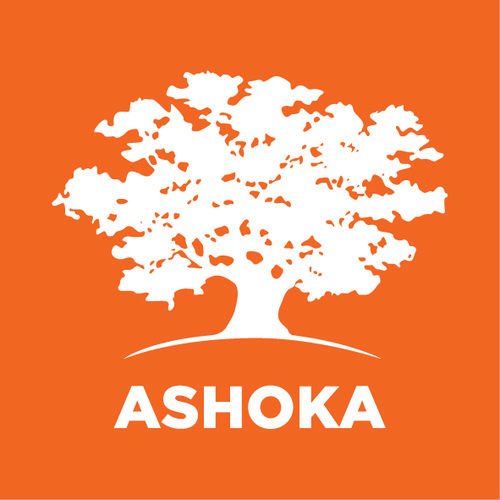


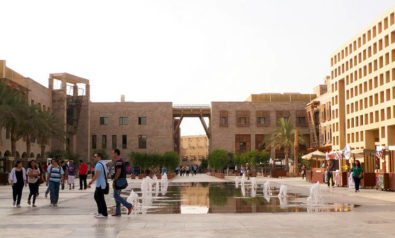

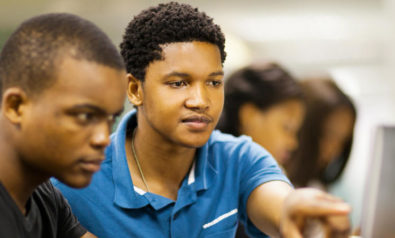
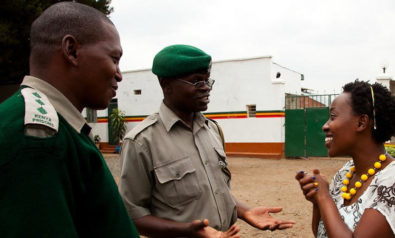

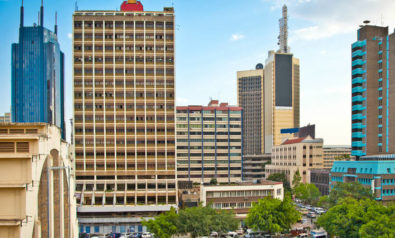

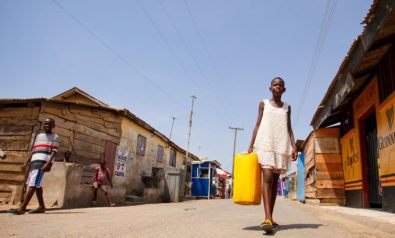

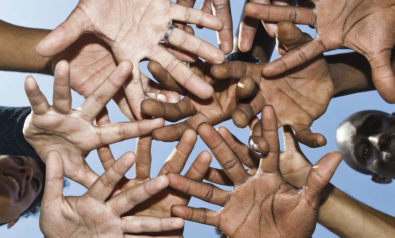
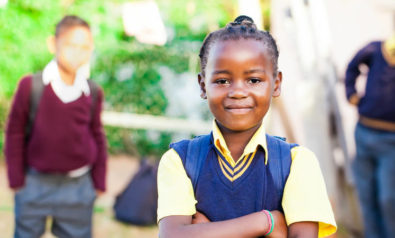




Comment